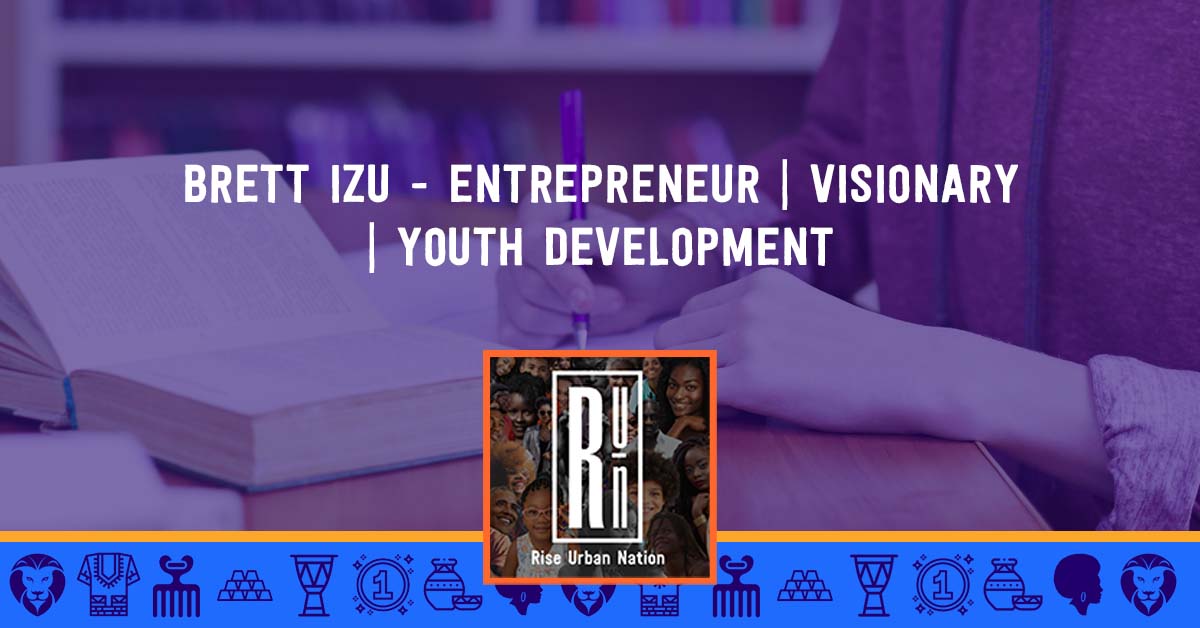12 Simple Money Management Tips That You Can Start Right Now
Are you struggling to budget your money?
We've all been in that situation where you get your paycheck on Friday and it's already gone by Monday. It can be stressful and worrying not having any money to put aside for a rainy day or an emergency.
Managing your money is one of the most important life skills you can learn. But knowing where to start can be a difficult and daunting task.
It doesn't have to be like that! Keep reading for these 12 simple money management tips to get you started today.
1. Make a Personal Budget
The first step in how to manage your money is understanding your expenses. Make a spreadsheet with your income after taxes and your monthly expenses. These should be the necessities like:
- Rent/mortgage payments
- Utilities
- Food
- Gas
- Insurance
This will give you the amount of "disposable" income you have left to spend as you will each month. You need to stick to that amount and should consider savings.
2. Write Down Financial Goals
Another of the best budgeting tips is to have financial goals in the next five to 10 years. Write down your financial priorities, like clearing your debts or buying a house.
Then, make a financial step-by-step plan on how to achieve it. Having a plan and working towards something you want is a great way to stay on top of your financial health.
3. Put 15 Percent Away For Retirement
One of the most important tips for managing your money is saving for retirement. If you're starting to save late or want to retire early, you could need to put aside more than 15 percent. For most people though, that's a good starting point.
If you can't save that much, put as close to that figure away each month as you can to build those savings. Retirement should be at the top of your priorities when it comes to managing your money.
4. Don't Touch Your Retirement Savings!
When you see a small amount of savings for retirement it's tempting to spend it elsewhere, but don't. It does matter, as that amount will grow over the years of employment as you keep putting into it.
There are also taxes and deductions to consider when you take that money out. You could lose 25% in one go. Not to mention each $1 you take now is a loss of $10 to $20 in the future by the time you retire. The best money management advice is to leave the money there and watch it grow.
5. Set Aside Emergency Savings
For emergencies, you should have savings equal to 3 months' expenses. Some money management experts would suggest 6 months' worth. The reality though is it can take years to build up this level of savings, especially with other things to pay for.
While you're building your savings, see what plan B options you have. You might need to consider using a credit card, or a line of home equity credit you're not using.
6. Cut Down Your Leisure Spending
No one is saying you can't treat yourself but think about if you need that Frappuccino every morning. Do you and your colleagues always need to eat out for lunch?
Cut down little by only buying a coffee once or twice a workweek instead of every day. Bring packed lunches to work instead of buying them. The little things soon add up.
7. Buy Used Cars
It's nice to drive a shiny new car but they're costly, and most of that value is gone after the first 2 years. It's better to have someone else pay for the depreciation and pick up a second-hand car instead.
The better-built cars of today can run for 10 years or more when looked after, so a used car is still reliable. Over your driving lifetime, you're looking at savings of the hundreds of thousands.
8. Use the 20/4/10 Rule for Car Loans
In an ideal world, you won't need to borrow money to buy your next car. In reality, it's not always possible to be a cash buyer.
In this case, protect yourself with a 20 percent downpayment and limit the loan to four years. Then, make sure your monthly payments are no higher than 10 percent of your gross monthly income.
A larger downpayment stops you from owing more than the car is worth once it's off the lot. Some cars can lose 30 percent of their value as soon as they're driven off the lot if you're buying new (which you shouldn't).
Limiting the time of the loan means you build equity faster without paying a lot of interest. And capping the size of your payments will stop the loan repayments from taking all your budget.
9. Use Credit Cards Right
If you're carrying a balance look for a different low-rate card to transfer it to. This can help you pay off that debt faster, and avoid rewards cards for now.
When you're paying in full each month (like you should), look for reward cards offering at least 1.5 percent of what you spend. Review your rewards often to make sure you're getting the most out of them.
10. Wait and Save for Non-Essential Items
It's easy to get swept up on the moment when a shiny new item catches your eye. And it can take a while to realize that you don't actually need it.
If you're in the mall and see something, keep shopping around for 30 minutes. If you still want it and would only
like it, it's better to save your money.
For larger items, don't use the credit card right away. Wait until you've saved up enough money for the item that you could pay it off once you buy it.
11. Get Insurance in Place
Protect against catastrophic sudden expenses should disaster strike. Insurance is there to protect against disasters that could wipe out your finances:
- Fire
- Car accident
- Flooding
You want to choose policies with high limits and high deductibles. You'll need to cover small insurance payments but the peace of mind is worth it. What you spend won't be as much as you'll save if the worst happens.
12. Fix Your Mortgage Rate
If you're a homeowner try to fix the rate of your mortgage for at least as long as you want to live in the home.
Plans change but you don't want a huge payment increase to force you out of your home before you're ready.
Always compare your mortgage rates online and check out reviews of the lenders. You don't want to be stuck with a bad lender who doesn't look after or value their customers.
Money Management Tips You Won't Want to Miss
So, there you have it! Now you know these top 12 money management tips you're on your way to financial success. Remember, to succeed it is important to make your money work for you.
If you found this article useful, be sure to check out our podcast. Each week we spotlight inspirational Black and African success stories. Gain access to these accomplished professionals' knowledge and resources to help you with your own success story.











